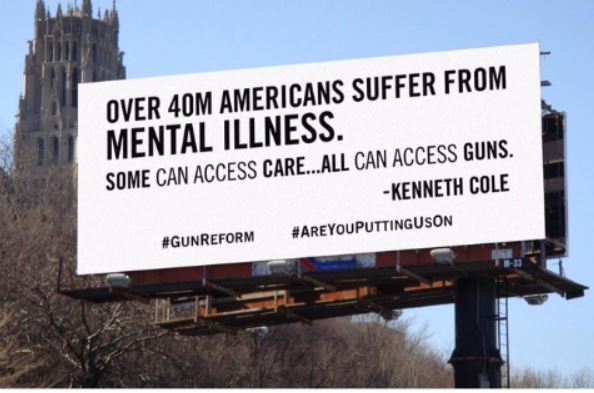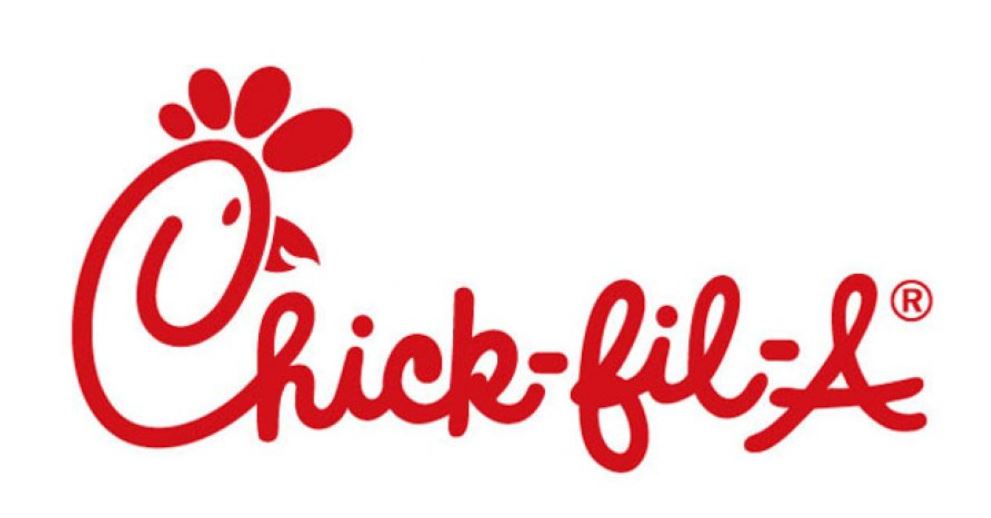
Companies Who Take a Stand: the Good, the Bad, & the Neutral
Should your business take a stance?
With the world divided on so much these days, as a business, as a brand, where do you fall; and should you share those views with your customers? Here are several corporations that have decided to weigh in on political or social issues. Seen below are the successes and failures of these campaigns or statements; how it affected the public view and their bottom line.
Nike
There was no doubt Nike was going to be on this list with its ad featuring Colin Kaepernick; the former American football quarterback famously known for kneeling during the National Anthem in protest of unfair treatment of people of color in the United States. This was a bold move on Nike’s part that resulted in some fans burning their gear in opposition to the brand’s stance. But Nike knew their fan base, and in support of equality for all its athletes saw an approximate 30% increase in sales as a result of the campaign.
Pepsi
Another brand that decided to take a similar stance on social activism, but came off as disingenuous, was Pepsi, during their Kendal Jenner ad. It was met with disapproval from both sides and ultimately bombed. Saturday Night Live even did a skit mocking it.
Kenneth Cole

Kenneth Cole decided to voice his opinion on stricter gun laws especially when it came to the mentally ill with his West Side Highway billboard in New York City. The plan backfired and sparked protest from both sides, as well as unfavorable input from the American Psychiatric Association who said there was no direct link between the two.
Delta Air Lines

Another company that met opposition for its stance on gun control was Delta Airlines. Delta pulled flight discounts to NRA members traveling to the annual conference in response to the Parkland, Florida high school shooting. Republicans scoffed, as did Republican companies, but Delta really felt the burn when the Georgia Senate pulled their fuel tax exemption costing Delta, a Georgia-based company, approximately $40M a year. Now-Governor Brian Kemp called Delta “a corporate coward” and made an alternative suggestion to get rid of the sales tax on guns and ammo. He has since gone back on this decision in favor of the Georgia economy, and likely Delta’s influence at the State Capitol.
Dick’s Sporting Goods

Dick’s was met with a little resistance for taking assault rifles off shelves in several stores. They also employed an age requirement of 21 years old on all gun sales. But business went on as usual and sales remained virtually the same with stocks undulating as expected. Dick’s Sporting Goods CEO, Edward W Stack is a Republican and registered gun owner; he supports the second amendment and acknowledged that most gun owners are responsible citizens, but felt that some changes needed to be made to solve the gun violence problem in America. Dick’s has since pulled all guns from many different stores as a business decision, in response to sales research, the best interest of monetary growth, and the company at large.
Uber

Uber remained neutral during President Donald Trump’s executive order for a travel ban on seven primarily Muslim countries including Iran, Iraq, Libya, Somalia, Sudan, Syria, and Yemen. This neutrality was met with dismay from both sides of the political spectrum. For a bold company, many thought that Uber looked cowardly by not taking a stance. Well-known companies like Ford and Netflix spoke out against the order and several others like GM, Disney, and Verizon remained neutral, but it was Uber that took the majority of the flak for staying silent.
Airbnb

Airbnb also weighed in on the travel band with a campaign called #WeAccept that received mixed reviews. Republicans weren’t fans of the ad and nor were some Democrats who considered it inauthentic, but others praised its message.
Gillette
Gillette made a commentary ad on toxic masculinity known as ‘We Believe.’ The campaign turned their age-old tagline of ‘The best a man can get’ into a question ‘Is this the best a man can get?’ and then flipped it into the statement ‘The Best Men Can Be.’ This game-changer called into question the archaic ways men are taught to be men, leading to detrimental consequences in today’s society; touching on the #MeToo movement, bullying, and negative male stereotypes. It went viral. The ad garnered more than 40 million views on YouTube in just 48 hours; however, the comments were divided, and unfavorable remarks tipped the scales. While some considered the Gillette ad revolutionary and thought-provoking, many others including celebrities like James Woods disliked the ad immensely and vowed never to buy a Gillette razor again. The fact that the ad was directed by a woman (Kim Gehrig) didn’t fare well either. To the contrary, famous figures like Bernice King, daughter of Martin Luther King Jr., praised the ad. Gillette went on to do another campaign called ‘#MyBestSelf,’ recognizing the transgender community; it was mostly well-received.
Victoria’s Secret

Victoria’s Secret went the other way and said no to featuring transgender and plus-size models in its fashion shows. Ed Razek, CMO for Limited Brands and Senior Creative for Victoria’s Secret may be regretting that decision now as sales took a dive and the brand had to close multiple stores.
Chick-fil-A

Chick-fil-A was a prime example of if you can’t say anything nice; don’t say anything at all, when CEO Dan Cathy made a statement against gay marriage and then quickly regretted mixing his personal views with the business. However, people still flock to this fast-food chain.
State Street Global Advisors

The famous Fearless Girl Statue once facing down the Charging Wall Street Bull in New York City was designed by Kristen Visbal and commissioned by State Street Global Advisors (an assessment management company) to show their support for an equal work environment and the empowerment of businesswomen everywhere. It came with perfect timing on National Women’s Day especially in the wake of allegations against the company for their salary gap between men and women employees. The campaign concept for the 50-inch tall bronze statue hailed from ad agency McCann New York and won multiple awards at Cannes Lion International Festival of Creativity including four Grand Prix and 18 total Lions.
Should Your Company Speak Up?
The majority of the take-a-stand campaigns leaned liberal. There’s a reason for this. While some polls have shown that a higher percentage of the public believes brands should remain neutral in times of political or social unrest, others think that more issues should be tackled. It is the popular vote of millennials that worthy companies should weigh in with their opinions using their influence and monetary means to make a difference. According to PR Agency Weber Shadwick’s poll, 51% of millennials surveyed said they were more apt to purchase goods or services from a company or brand that took a stand. More millennials also happen to be democratic or liberal; according to polls, about 59% actually. Some brands, like Nike, know their market so well that they could take a risk and make a stand. While losing some customers Nike predicted they would increase their business substantially overall, and they were correct.
If you have a mostly conservative client-base; perhaps you should offer an alternative view.
The question is, should you do this with your company? Whatever your religious, political or social affiliations are, ask yourself this; how strongly do you feel about a particular issue, does it fit in organically with your brand voice, and how will your customers respond? Above all, it’s your decision, and the freedom to choose is a right we all deserve.
